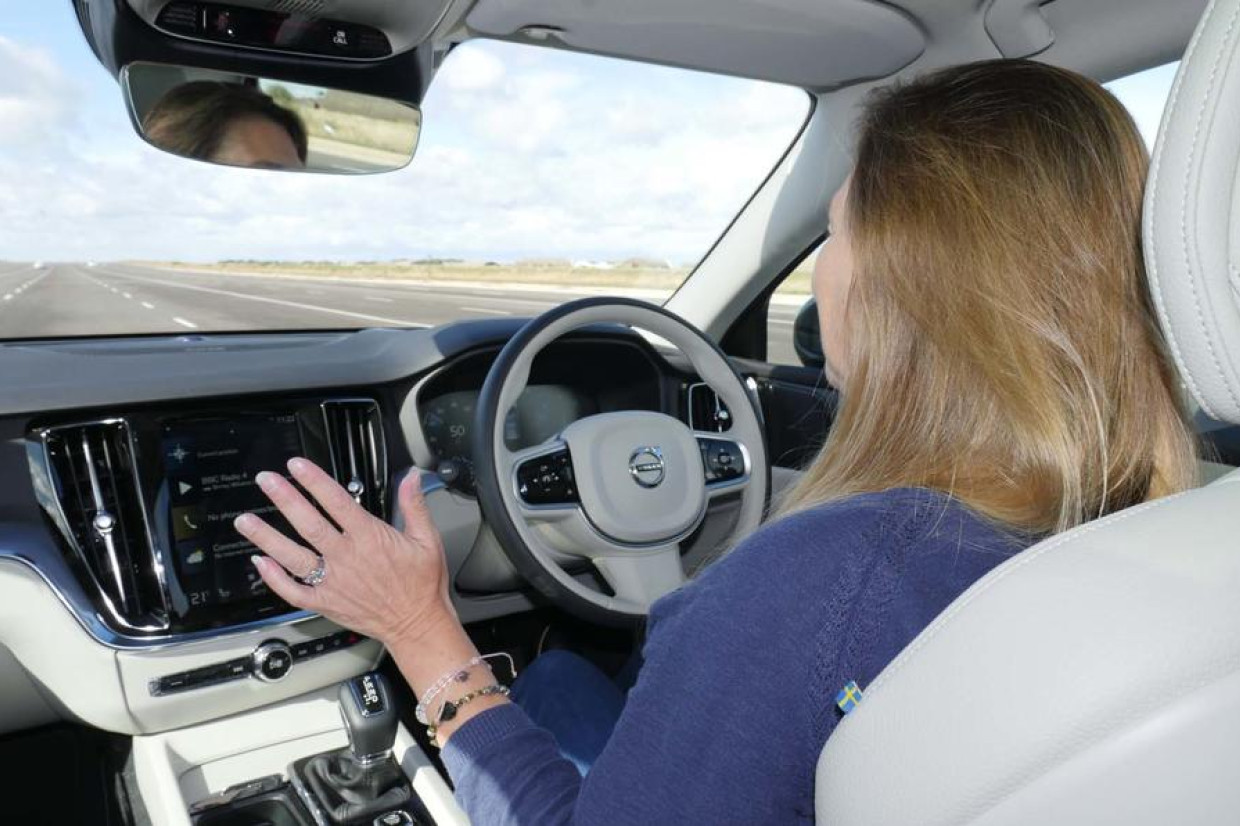
The Law Commission of England and Wales and the Scottish Law Commission have issued a series of recommendations to allow for “the safe and responsible” introduction of fully self-driving vehicles on British roads.
In a joint report the two commissions, which are independent bodies set up to review and propose changes to the law, have called for the introduction of a new Automated Vehicles Act, which would establish a clear distinction between features that assist drivers and machines that can drive themselves unassisted.
While a number of cars are currently fitted with advanced driver assistance systems, they still require a driver to be engaged and focused at all times. Car firms have been working for years on fully autonomous vehicles, which are reliant on advanced new software systems. The introduction of such systems is likely to arrive with the next generation of electric cars.
The proposed laws would allow for cars that can drive itself for at least part of a journey, likely on a motorway that has the necessary infrastructure in place.
Under the proposals, when a car is being used with ‘self-driving features’ engaged, the legal responsibility for how that car is driven would move from the person in the driving seat to the company that obtained an authorisation for it.
The person in the driving seat would be classified as a ‘user-in-charge’, who cannot be prosecuted for offences which arise directly from the car’s actions. That would give them immunity from offences such as dangerous driving, speeding or running a red light. But they would still be responsible for tasks such as having insurance and ensuring children are wearing seat belts.
The Authorised Self-Driving Entity (ASDE) – the firm that developed and registered the vehicle – would instead have responsibility for it. If the vehicle drives in a way that would be illegal for a human driver, regulators would work with the ADSE to stop incidents recurring - and the ADSE could face sanctions.
For vehicles that are designed to operate entirely autonomously, a licensed operator would be responsible for the journey, with any occupants in the vehicle being classed as passengers.
The recommendations build on the Automated and Electric Vehicles Act 2018, which already says that victims who suffer injury or damage from a vehicle driving itself do not need to prove anyone was at fault, and will instead be compensated directly by the insurer.
The two commissions also recommended safeguards to stop driver assistance features being marketed as ‘self-driving’.
The report will be given to the UK and Scottish parliaments, who will decide whether to accept the recommendations and introduce legislation for it.
READ MORE
e-CARS
The ten best-selling electric cars in the UK
e-BIKES
Cairn Cycles E-Adventure 1.0 e-bike review
Ten e-bikes we’re looking forward to in 2022
e-MOTORBIKES
Ten electric motorbikes to look forward to in 2022
Art, sustainability and choppers - the wonderful world of Stirling Eco
e-SCOOTERS
Hypercar firm Bugatti's first electric vehicle is an 18mph e-scooter
Ride-hailing firm Bolt set for UK expansion after big investment
e-WORLD
Veolia to open first UK plant for recycling EV batteries
The new Bobcat T7X is a truly groundbreaking electric digger

